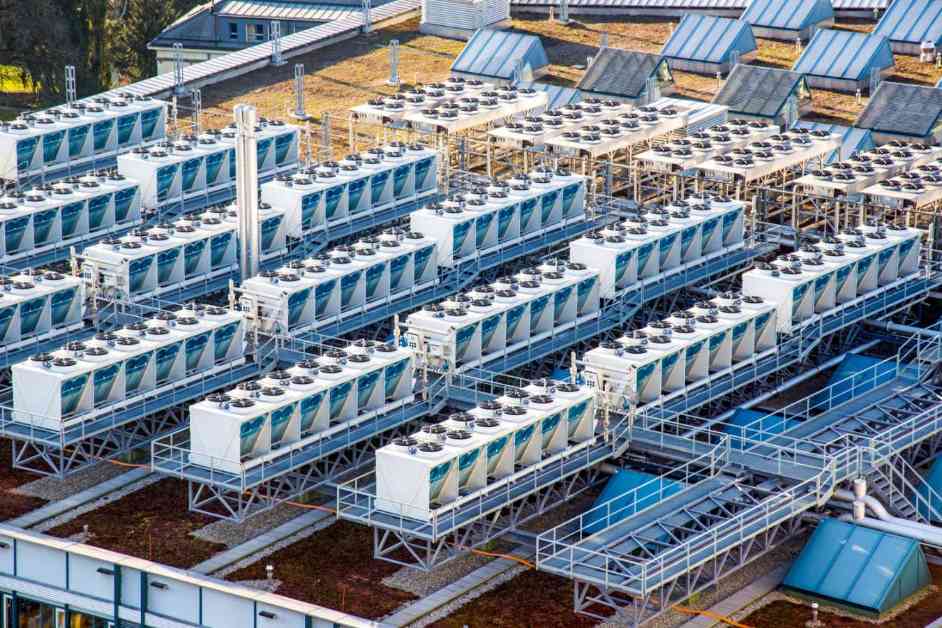As temperatures continue to rise, the demand for air conditioning is growing rapidly, leading to a significant increase in energy consumption. However, there are some innovative solutions to tackle this issue without relying solely on air conditioning units. With the Paris Olympics and Paralympics on the horizon, concerns are mounting that the upcoming games could be the hottest on record, surpassing the scorching temperatures experienced during the Tokyo 2020 Olympics. This poses a serious risk to athletes, as heat exhaustion and heatstroke become more prevalent.
In light of these challenges, the organisers of the Paris Olympics are taking proactive measures to address the heat issue. One of the innovative solutions being implemented is an energy-efficient system of underfloor pipes that circulate water to provide cooling. This approach not only helps to regulate temperatures effectively but also reduces the reliance on traditional air conditioning units, which are known for their high energy consumption.
The rise in average temperatures in Paris by 1.8°C since the city last hosted the games a century ago underscores the urgent need for sustainable cooling solutions. By exploring alternatives to air conditioning, such as underfloor cooling systems, cities and communities can significantly reduce their energy consumption and carbon footprint. These smart solutions not only help combat climate change but also create a more comfortable and sustainable environment for everyone.
It is essential for governments, businesses, and individuals to prioritize sustainable cooling solutions to mitigate the impact of rising temperatures and reduce energy consumption. By investing in innovative technologies and practices, such as underfloor cooling systems, we can pave the way for a more sustainable future and combat climate change effectively. As we continue to face the challenges of a warming climate, embracing alternative cooling solutions is crucial to ensuring the well-being of current and future generations.






